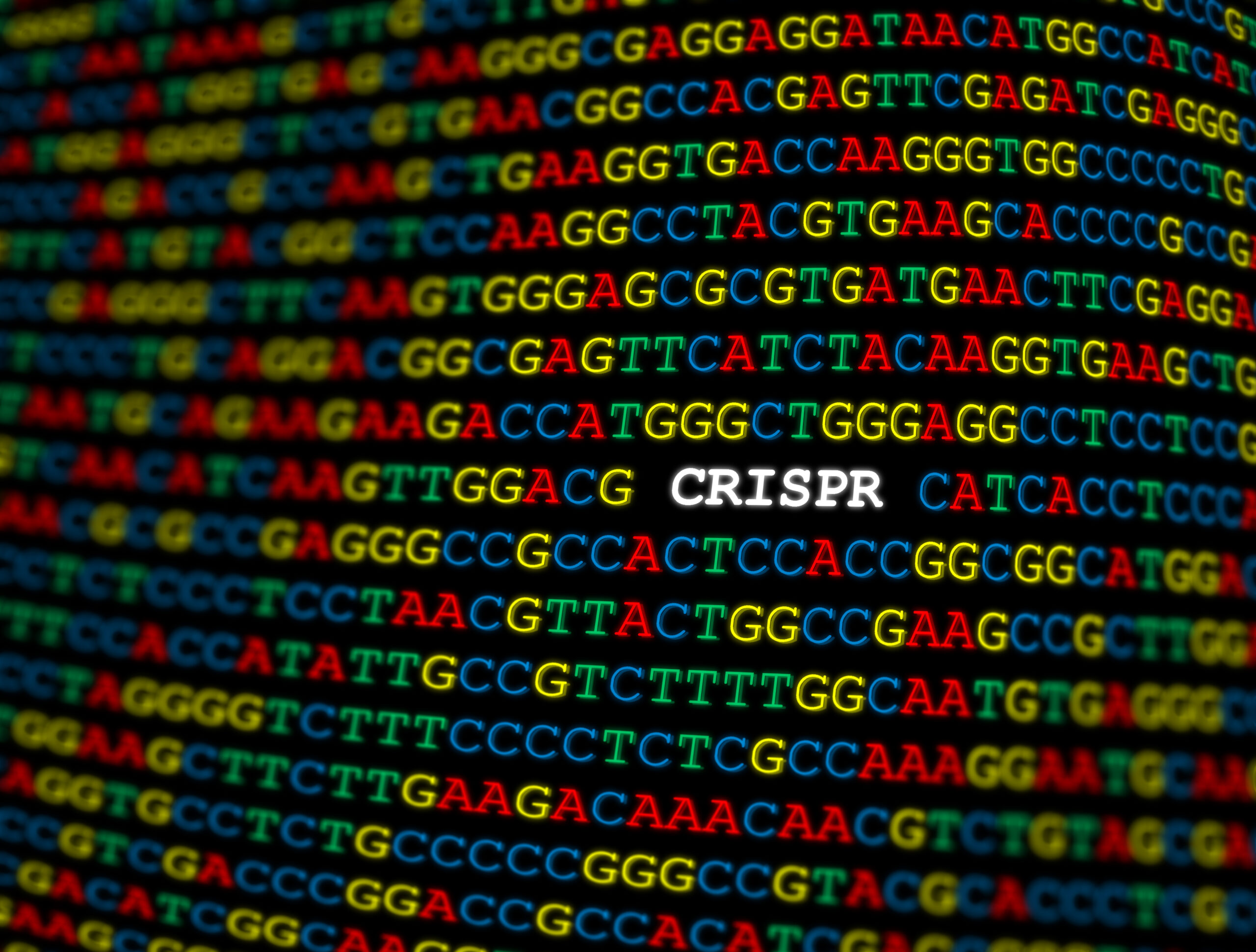Getting a drug to market used to be a relatively simple and straightforward affair. That’s just not the case anymore. Whether it’s for a treatment for a chronic ambulatory condition, precision medicine or cell and gene therapy, there is a massive uptick in clinical trial complexity.
Most Phase II and Phase III studies have around 20 endpoints and 263 procedures per patient. This equates to millions of data points that a single study can generate and three times more data than just ten years ago. With the exponential rise in technology and capability, these numbers are only going to go up. Not only is this more burdensome for patients and sites to recruit patients, but it also increases the complexity of the logistics and sample handling for trials, since samples comprise the majority of data for any submission.

LabConnect
In this Xtalks Spotlight edition, Xtalks spoke with Cindy Markham, Chief Commercial Officer at LabConnect, about current clinical trial challenges and how to overcome these obstacles to speed up trials and connect medicines to patients around the world faster.
“It’s important to make sure that with this increase in clinical trial complexity, we don’t make our trials overly burdensome to sites or patients,” says Markham.
Markham, with her extensive 30-year experience in clinical research, discusses various factors that are important to consider due to the escalating complexity of clinical trials, from choosing lab partners to managing intricate trials in cell and gene therapy and rare diseases.
The Criteria for Choosing a Lab Partner
Markham emphasizes that despite the increasing complexity of clinical trials, the criteria for choosing a lab partner have remained consistent. The key considerations she shared include:
- Project management: The expertise and approach of the team managing the trial.
- Sample management and traceability: Labs must efficiently handle and track samples, a critical component in trials.
- Timely testing and results: Accessibility and punctuality in delivering test results are crucial.
These criteria, drawn from the 2021 industry standard research report, remain pivotal in selecting a lab partner.
Overcoming Modern-Day Challenges in Labs
Modern labs encounter several industry-level challenges. As Markham mentions, balancing the intricate demands of complex clinical trials without overburdening sites or patients is vital. This balance is crucial in maintaining the effectiveness and accessibility of laboratory operations.
With the rise in clinical trial complexity, there’s a pressing need for laboratories to align their testing capabilities with specific protocols. This alignment is essential to generate the necessary evidence for approval processes. It’s also important to take into consideration any geopolitical issues or natural disasters that can impact sample transportation.
LabConnect’s geographically dispersed model, as Markham points out, is strategically positioned to overcome these challenges, offering widespread testing access and logistical flexibility.
Navigating Clinical Trial Complexity
As clinical trials are becoming increasingly complex, particularly in areas like cell and gene therapy and rare diseases, Markham shares valuable strategies for sponsors aiming to expedite these trials without compromising sample integrity.
Her advice revolves around two main strategies. The first step is for sponsors to select a laboratory that adopts a consultative approach. This aspect is crucial in navigating the details of complex clinical trials, efficiently handling patient samples and generating robust evidence for the approval of life-changing therapies. A lab that can seamlessly integrate testing, scientific understanding and lab strategy into the protocol is key.
Markham also stresses the importance of decentralizing laboratory offerings. Given the challenges in reaching patients for rare diseases and complex therapies, labs need to be innovative and flexible. LabConnect employs a geographically dispersed testing model that allows for a decentralized approach. The testing model, when enhanced with other decentralized clinical trial (DCT) strategies including home healthcare services, mobile units for patient accessibility and advanced techniques like microsampling, offers a level of flexibility not seen with the use of traditional lab testing models. Such approaches not only bring the lab closer to the patient but also add efficiency to the trials.
Ensuring a Precise Chain of Custody
It is important to maintain a precise chain of custody for samples in clinical trials as losing a sample means losing vital data.
To ensure the integrity of the chain of custody, Markham suggested partnering with services that offer various levels of sample tracking. Although it is expected for laboratories to track samples efficiently, certain situations demand enhanced tracking. This includes instances where sample viability is short-lived or when tracking efficacy samples.
“About 70 percent or more of data that’s submitted to get a drug approved is lab data, and that’s how we show efficacy and safety for a particular product.”
– Cindy Markham
LabConnect employs several technologies and services to support this. They utilize digital pens and scanning systems to track samples meticulously. Beyond technology, the service component is crucial to ensure no samples are lost.
Markham also recommended having a biospecimen manager for clients with extensive portfolios.
While clinical project managers often handle sample management, their expertise may not extend to managing lab samples effectively. At LabConnect, they address this gap by offering biospecimen management as part of their functional service provider offering, ensuring expert handling of specimens throughout clinical trials.
Keeping Trials on Track
The preparation and analysis of samples within tight clinical trial timelines are crucial. The proper handling of certain time-sensitive samples is vital, such as those for flow cytometry, peripheral blood mononuclear cell (PBMC) processing, and RNA and DNA extraction. These samples require prompt processing, often needing local handling due to their limited viability.
To address these challenges, Markham suggests partnering with a laboratory that has a well-established global network dedicated to local sample processing. Such a network, while expensive and complex to set up independently, offers immense benefits. It enables clients to leverage existing infrastructures for efficient sample handling and analysis across different regions. This approach is particularly advantageous for trials that span several geographical regions.
Moreover, Markham highlights the significance of strategic collaborations with specific couriers. These alliances are important for navigating new geographical territories and overcoming unforeseen logistical challenges. LabConnect demonstrates this approach through its strategic alliance with UPS Marken. This partnership has repeatedly proven effective in facilitating the smooth execution of trials in various locations.
Clinical Trial Complexity and Planning for the Unexpected
In the complex and ever-evolving clinical research space, unexpected challenges are not just a possibility; they’re a certainty.
“Having been in this industry for over 30 years, I can tell you every single trial that I’ve worked on, whether it’s in the clinical space or the lab space, has had an unexpected challenge,” says Markham.
A critical aspect of navigating these trials successfully, as Markham highlights, is education. Understanding the capabilities of the lab and the journey of a sample through it is crucial. This knowledge not only helps in anticipating potential hurdles but also in creating strategies to overcome them.
“What’s important in the lab space is to educate. Educate yourself on the capabilities of the lab, but more importantly, the journey that the sample follows as it flows through the lab.”
– Cindy Markham
Markham explains that the initial stages of launching a clinical trial can be challenging, starting from selecting a lab to building and distributing kits to various sites. These kits are vital for the trial but can pose significant challenges at the receiving end. A typical site, running multiple studies, each with its own set of instructions and materials, faces a tough task. The complexity of managing these various elements can lead to errors and inefficiencies.
However, there’s a solution that LabConnect offers. By customizing and prelabeling kits, and arranging them in the order of use, LabConnect significantly reduces the complexity for the sites. This approach not only streamlines the process but also minimizes the potential for errors.
Markham’s insights reflect the importance of foresight and customization in clinical trials. By anticipating the challenges at each step and tailoring solutions to meet specific needs, organizations can enhance efficiency and accuracy in clinical trials. This proactive approach is key to successfully navigating the unpredictable landscape of clinical research.
For more insights into meeting the evolving study demands of complex clinical trials, be sure to watch the Spotlight feature with Markham.
This article was created in collaboration with the sponsoring company and the Xtalks editorial team.








Join or login to leave a comment
JOIN LOGIN